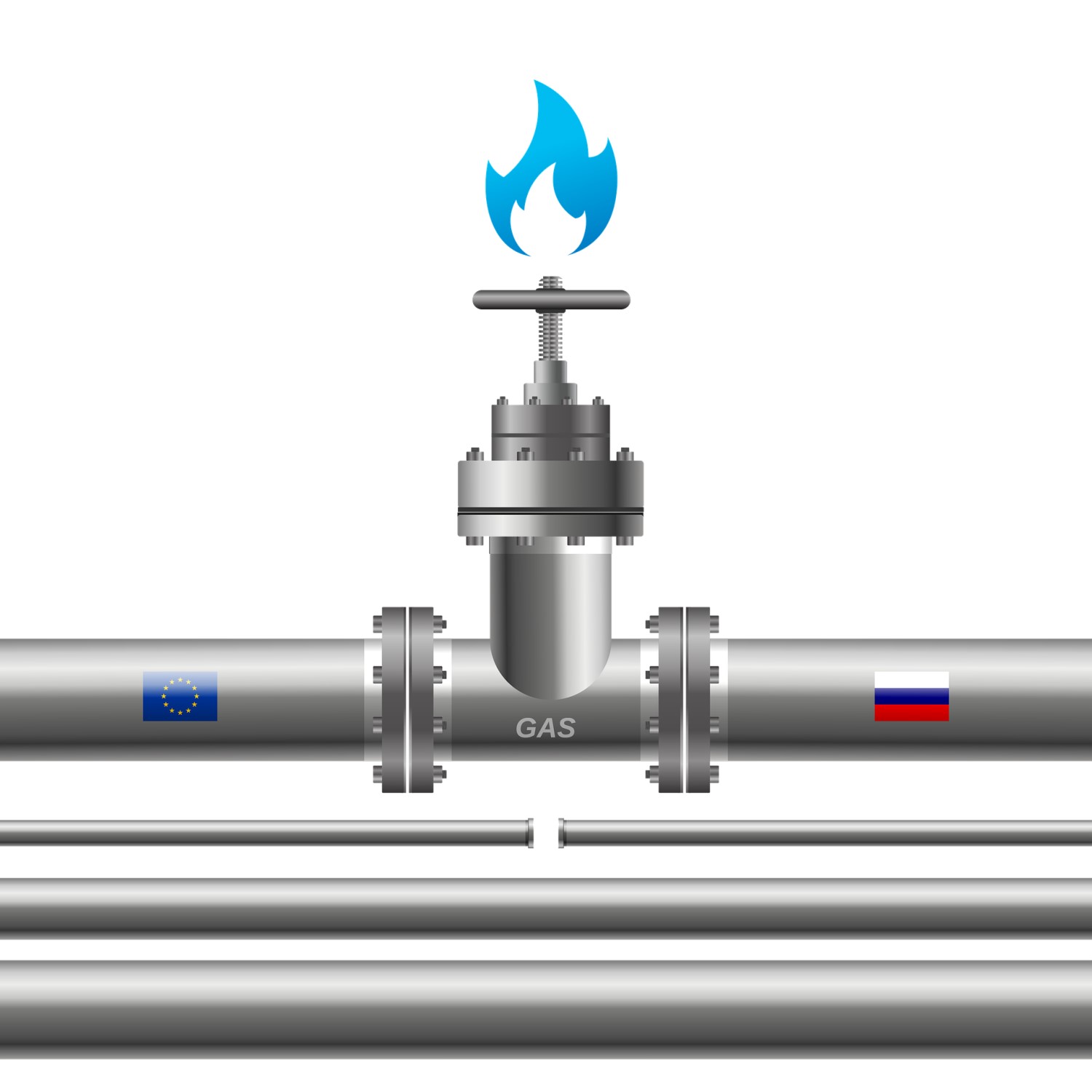
403
Sorry!!
Error! We're sorry, but the page you were
looking for doesn't exist.
European Commission spokesperson acknowledges Russian gas remains present in EU
(MENAFN) Despite the EU’s ongoing commitment to reducing its reliance on Russian energy, imports of Russian liquefied natural gas (LNG) have continued to flow into the bloc. A European Commission spokesperson acknowledged that Russian gas remains present in the EU, with imports surging by over 10% compared to the previous year in the first two weeks of 2025.
Anna-Kaisa Itkonen, the EC spokesperson for climate action and energy, revealed that the Commission is planning to release a roadmap in late February or mid-March to phase out Russian energy imports entirely. This follows reports that EU member states purchased a record 837,300 metric tons of Russian LNG in the first half of January, marking an all-time high.
Imports have risen, particularly after Ukraine chose not to extend a transit contract with Russian energy giant Gazprom, halting natural gas deliveries via pipeline to several EU countries at the end of 2024. Although the EU took steps to reduce Russian energy imports after the 2022 Ukraine conflict and Nord Stream sabotage, some member states continued to import Russian LNG, which has been less affected by sanctions.
The EU first imposed sanctions on Russian LNG in June, including bans on ship-to-ship transfers and re-loading operations, but these sanctions have a nine-month transition period. Despite efforts to wean off Russian gas, Russia remained the second-largest LNG supplier to the EU in early 2024, after the United States. The financial cost of losing Russian gas could exceed €1 trillion for the EU, according to industry experts.
Anna-Kaisa Itkonen, the EC spokesperson for climate action and energy, revealed that the Commission is planning to release a roadmap in late February or mid-March to phase out Russian energy imports entirely. This follows reports that EU member states purchased a record 837,300 metric tons of Russian LNG in the first half of January, marking an all-time high.
Imports have risen, particularly after Ukraine chose not to extend a transit contract with Russian energy giant Gazprom, halting natural gas deliveries via pipeline to several EU countries at the end of 2024. Although the EU took steps to reduce Russian energy imports after the 2022 Ukraine conflict and Nord Stream sabotage, some member states continued to import Russian LNG, which has been less affected by sanctions.
The EU first imposed sanctions on Russian LNG in June, including bans on ship-to-ship transfers and re-loading operations, but these sanctions have a nine-month transition period. Despite efforts to wean off Russian gas, Russia remained the second-largest LNG supplier to the EU in early 2024, after the United States. The financial cost of losing Russian gas could exceed €1 trillion for the EU, according to industry experts.

Legal Disclaimer:
MENAFN provides the information “as is” without warranty of any kind. We do not accept any responsibility or liability for the accuracy, content, images, videos, licenses, completeness, legality, or reliability of the information contained in this article. If you have any complaints or copyright issues related to this article, kindly contact the provider above.
Most popular stories
Market Research

- Manuka Honey Market Report 2024, Industry Growth, Size, Share, Top Compan...
- Modular Kitchen Market 2024, Industry Growth, Share, Size, Key Players An...
- Acrylamide Production Cost Analysis Report: A Comprehensive Assessment Of...
- Fish Sauce Market 2024, Industry Trends, Growth, Demand And Analysis Repo...
- Australia Foreign Exchange Market Size, Growth, Industry Demand And Forec...
- Cold Pressed Oil Market Trends 2024, Leading Companies Share, Size And Fo...
- Pasta Sauce Market 2024, Industry Growth, Share, Size, Key Players Analys...





















Comments
No comment